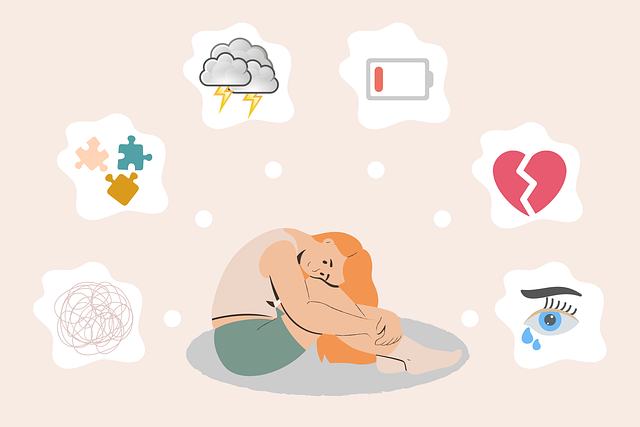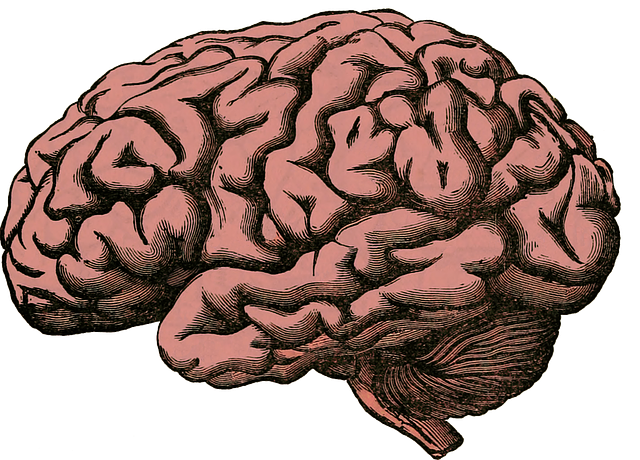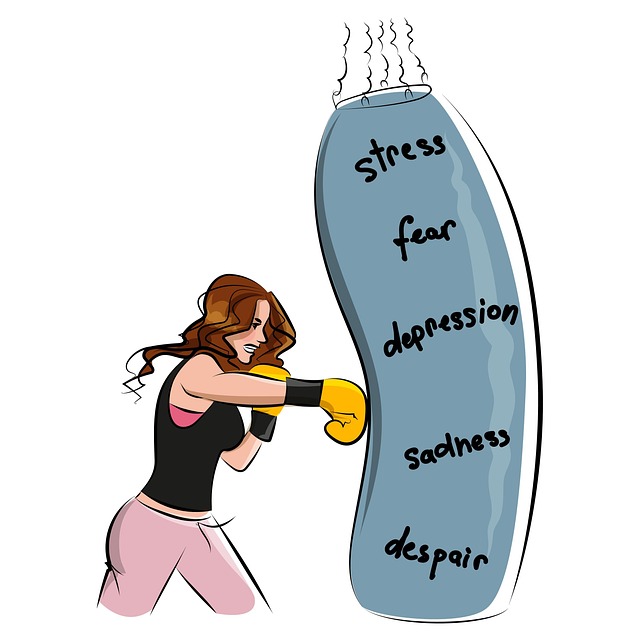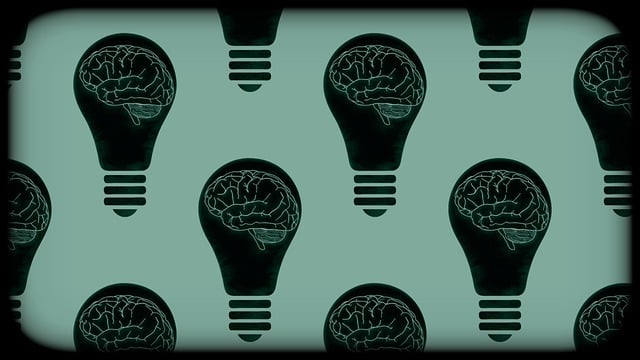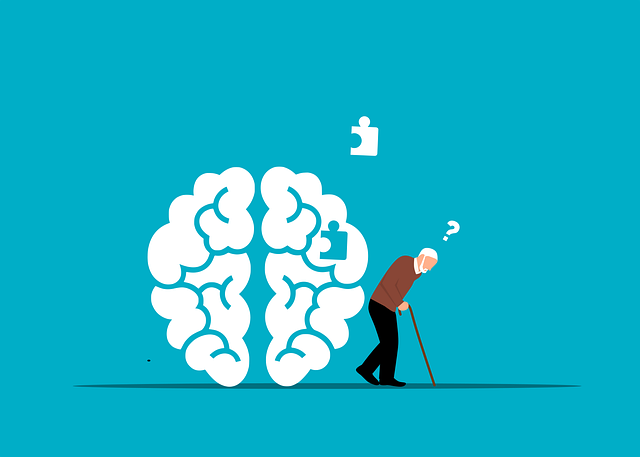Mental health policies focused on elderly populations, addressing chronic pain, depression, and anxiety through culturally sensitive therapy, mindfulness meditation, and stress management workshops. Holistic approaches empower seniors with tools for self-care and community connection, improving quality of life and mental resilience. Advocacy for dedicated funding and specialized services ensures access to effective therapy models tailored for elders' unique needs, enhancing their overall well-being.
Mental health policy analysis and advocacy are vital in ensuring accessible, effective therapy for elders suffering from chronic pain. This comprehensive guide explores the global impact of mental health policies on elderly populations, delving into the psychological effects of chronic pain and the current landscape of available services. We analyze successful policy implementations, offer advocacy strategies to enhance care, and highlight the importance of tailored mental health support for this vulnerable group. By understanding these factors, we can drive positive change in addressing therapy for elders with chronic pain.
- Understanding Mental Health Policy and its Impact on Elderly Populations
- The Prevalence of Chronic Pain among Elders and Its Psychological Effects
- Analyzing Existing Policies: A Global Perspective
- Advocacy Strategies for Better Mental Health Services for Elders with Chronic Pain
- Case Studies: Successful Mental Health Policy Implementations and Their Results
Understanding Mental Health Policy and its Impact on Elderly Populations

Mental health policies play a pivotal role in shaping the well-being of elderly populations, addressing their unique challenges and needs. Given the increasing prevalence of mental health issues among seniors, such as depression, anxiety, and chronic pain, policy interventions are essential to ensure accessible and culturally sensitive mental healthcare. The impact of these policies is profound; they can improve overall quality of life, enhance self-esteem improvement, and promote better management of chronic conditions like pain.
Elderly individuals often face barriers to accessing therapy for elders chronic pain due to various factors including physical limitations, social isolation, and cultural taboos surrounding mental health. Effective policies should prioritize integrating holistic approaches, such as mindfulness meditation, into traditional treatment methods. By fostering cultural sensitivity in mental healthcare practice, these initiatives can create a more inclusive environment, encouraging open dialogue and better outcomes for elderly patients.
The Prevalence of Chronic Pain among Elders and Its Psychological Effects

The prevalence of chronic pain among elders is a pressing issue that demands attention within mental health policy analysis and advocacy. As our population ages, so does the number of individuals living with persistent pain conditions such as arthritis, fibromyalgia, and neurological disorders. This growing demographic faces significant challenges in managing their physical discomfort, which often leads to severe psychological impacts. Depression, anxiety, and cognitive decline are common consequences, exacerbating their overall well-being and quality of life.
The interconnection between chronic pain and mental health is a complex web that requires tailored interventions. Effective therapy for elders experiencing chronic pain should encompass both physical and psychological components. Mental health policy advocates should promote access to specialized services, including cognitive-behavioral therapy and mindfulness practices, which have proven beneficial in managing pain and improving mental resilience. Additionally, organizations such as those hosting stress management workshops can contribute by teaching mind-over-matter principles, empowering elders to take control of their pain perception and overall mental health.
Analyzing Existing Policies: A Global Perspective

Mental health policies around the globe vary widely, reflecting differing cultural norms and societal priorities. When analyzing existing mental health policies, a comprehensive approach is essential. This involves scrutinizing initiatives aimed at prevention, access to therapy, and support systems for various demographics, including the elderly with chronic pain. For instance, many countries are recognizing the benefits of mindfulness meditation and stress management workshops as cost-effective ways to combat rising rates of anxiety and depression.
Organizations are also prioritizing burnout prevention in healthcare workers, acknowledging that their mental well-being is crucial for delivering quality care. Effective policies often incorporate a mix of public awareness campaigns, accessible therapy options, and community support networks. For older adults experiencing chronic pain, tailored interventions that integrate physical and mental health components can significantly improve quality of life. This global perspective highlights the need for adaptable policies that cater to diverse populations, ensuring mental health services are inclusive and effective.
Advocacy Strategies for Better Mental Health Services for Elders with Chronic Pain

Advocacy plays a pivotal role in shaping mental health policies and ensuring access to quality services, especially for vulnerable populations like elders suffering from chronic pain. One effective strategy is raising awareness about the unique mental health challenges faced by this demographic. Many older adults experience anxiety, depression, or cognitive decline alongside their physical pain, often exacerbated by social isolation and limited mobility. By highlighting these issues, advocates can push for dedicated funding allocations within mental health budgets, specifically targeting interventions tailored to elders’ needs.
This can involve promoting evidence-based practices such as therapy models designed for chronic pain management in older adults, including cognitive-behavioral therapy (CBT) and mindfulness-based interventions. Additionally, advocating for the integration of stress management workshops and mental wellness coaching programs within primary care settings can empower healthcare providers to address psychological aspects alongside physical symptoms. Furthermore, burnout prevention strategies for healthcare professionals are crucial to ensure sustained quality care for elders with chronic pain, ultimately enhancing their overall well-being.
Case Studies: Successful Mental Health Policy Implementations and Their Results

Mental health policy interventions have shown remarkable success when tailored to address specific populations’ unique needs. For instance, several case studies highlight the positive outcomes of programs focusing on therapy for elders with chronic pain. These initiatives often incorporate compassion cultivation practices, which not only alleviate physical suffering but also foster a sense of community and emotional well-being among seniors. By integrating such therapeutic approaches, these policies have led to improved quality of life, enhanced social connections, and better management of chronic conditions.
Additionally, conflict resolution techniques and inner strength development programs within mental health policies have proven effective in promoting resilience and self-care. These strategies empower individuals to navigate challenging situations and build adaptive coping mechanisms. Success stories from various regions demonstrate that by combining evidence-based practices with a holistic approach, mental health policies can significantly reduce stigma, increase access to care, and ultimately improve public mental wellness, especially among underserved groups.
Mental health policy analysis reveals a critical gap in services dedicated to addressing chronic pain among elderly populations. The global prevalence of this issue demands targeted interventions, as seen in successful case studies worldwide. By advocating for policies that prioritize therapy for elders with chronic pain, we can ensure improved mental well-being and quality of life for this vulnerable group. Implementing evidence-based strategies, as outlined in this analysis, will contribute to more effective mental health services tailored to the unique needs of seniors suffering from chronic pain.

